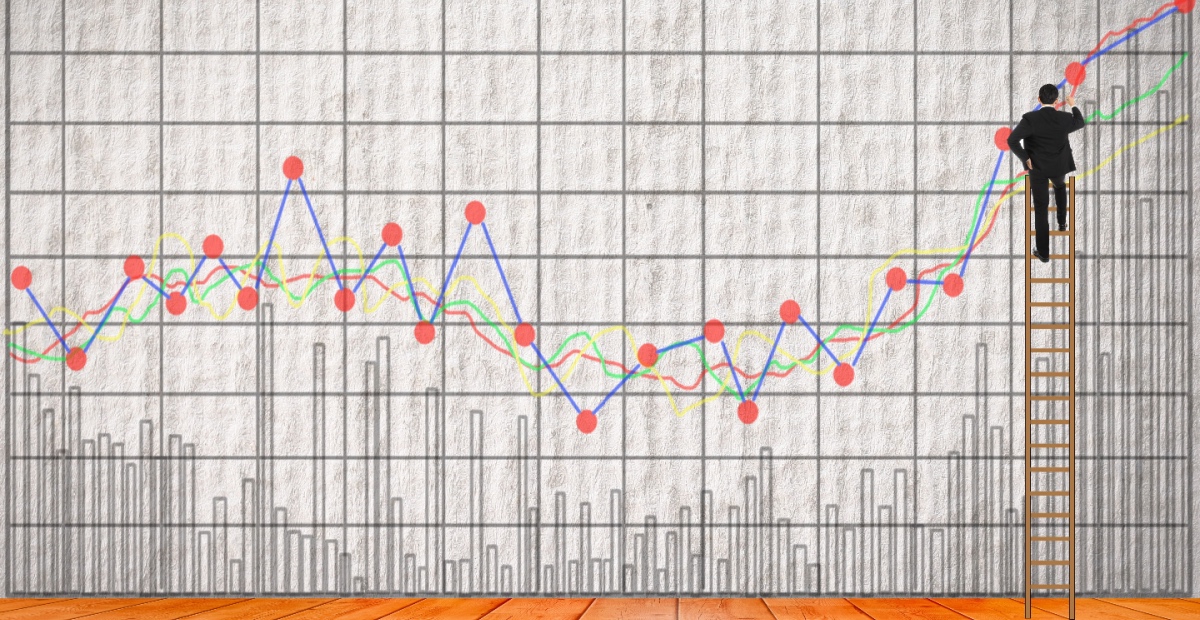Would Aussie asset managers pick their own stocks?

There are plenty of stock-pickers among Australia’s leading fund managers but the latest Morningstar analysis of Australian asset managers suggests that their own stocks are not ones which would necessarily be picked.
The Morningstar analysis has pointed to a range of challenges being faced by asset managers, not least the rise and rise of investment capabilities within industry superannuation funds.
The Morningstar analysis of Australian Asset Managers revealed that share prices for those listed on the Australian Securities exchange fell by an average of 4% in 2023 and, in doing so, underperformed the ASX and Morningstar indexes which were up 12% and 13% respectively.
But not all fund managers suffered, with GQG, Magellan, Perpetual and Pinnacle rising, while Challenger, Platinum and Insignia fell.
Morningstar’s top line analysis is that Australian asset managers are likely to keep losing market share to passive investment options and said that the shift to passively managed investments “is structural and active managers are increasingly reliant on market gains for asset growth”.
Reflecting this, it said the trend to low-cost exchange-traded funds is set to persist, with ETFs drawing steady flows despite market volatility from 2022 to 2023 as investors sought diversification, lower fees and easy access.
On industry superannuation funds, it said they were likely to grow in scale and challenge traditional active managers.
“Through default choice and mandatory contributions, industry funds are pressuring fees and can tap into a broad range of investment opportunities, including unlisted options—a by-product of scale,” it said.
“The multi-asset fund influx likely reflects flows into default “MySuper” investment options. They’re known for simplicity, cost-effectiveness, and a balance of growth and defensive assets, which typically change with age.”
“The shift to ETFs and industry funds from active managers is likely to persist. Net outflows since early 2022 are a blow to active managers. Many underperformed passive funds amid the market downturn—contrasting with the usual claims.”
“While some funds were recently reallocated to active managers, flows are sporadic, and their competitive positions are weakening. Only market gains and client flows from other active peers are likely to drive flows for active managers.
“For active managers, strong performance and product diversification are pivotal. The most popular active funds in the year to January 2024 were from low-cost quant funds, newer boutiques excelling in non-traditional assets, or large diversified managers,” the Morningstar analysis said suggesting that traditional managers would have to perform and adapt or risk losing.
“Alleged greenwashing-related outflows from Vanguard aside, most recent active funds redemptions were generally mature firms with weak performance. Some of these are battling distractions from restructuring or the resolution of legacy issues.”












Nah, the AMP vertically intergrated model is effectively dead. It's a broad APL. It wouldn't come as any surprise that…
So let me get this right - Canberra spends an awful lot of time and effort focusing on consumer protection/compliance…
Just wind them up please so the rest of the financial planning industry can move forward without an albatross around…
Compare the pair.
I have clients who have been told to produce evidence they are with cbus or else they can't work on…